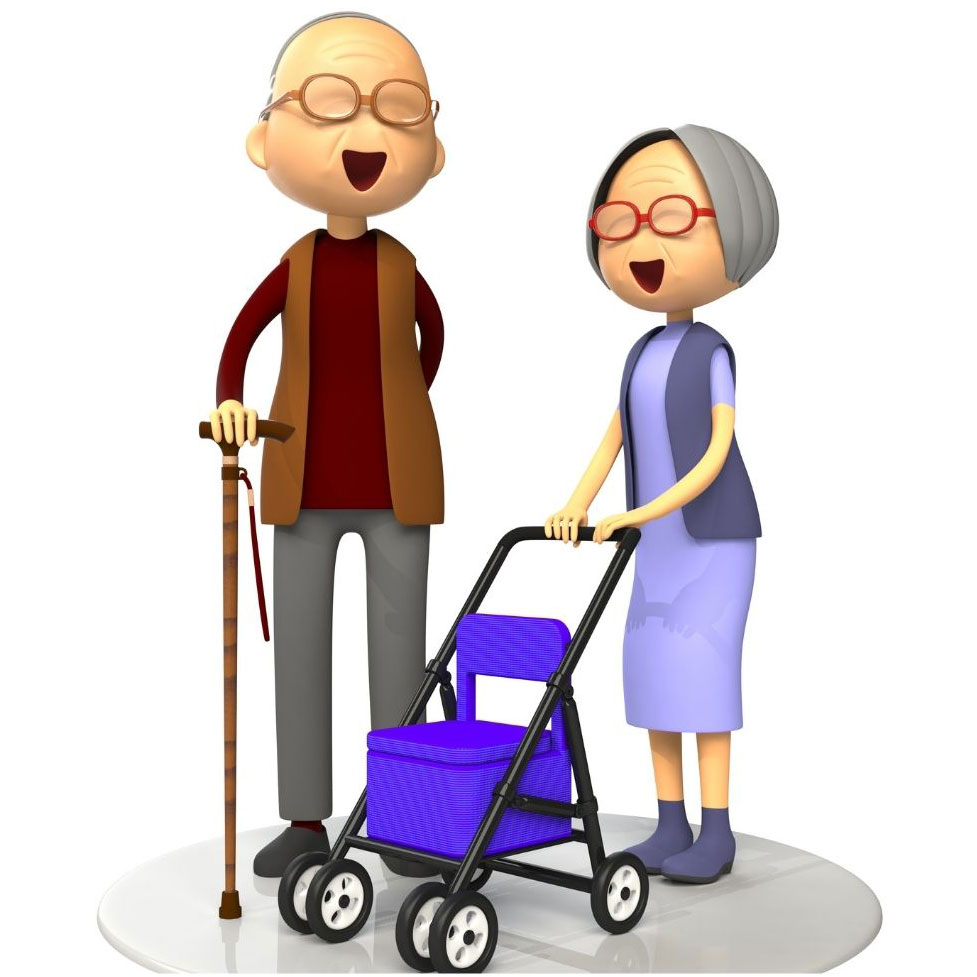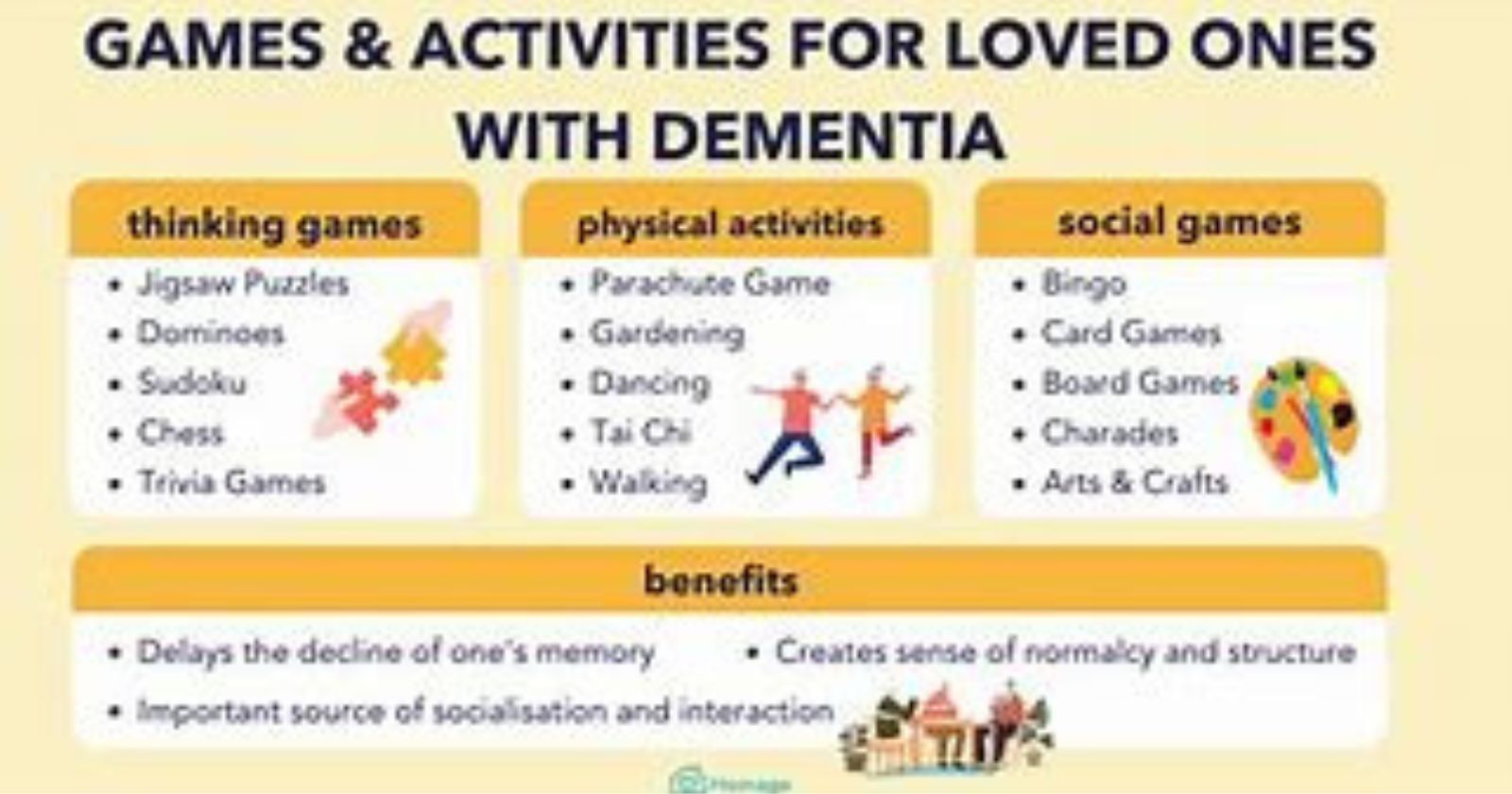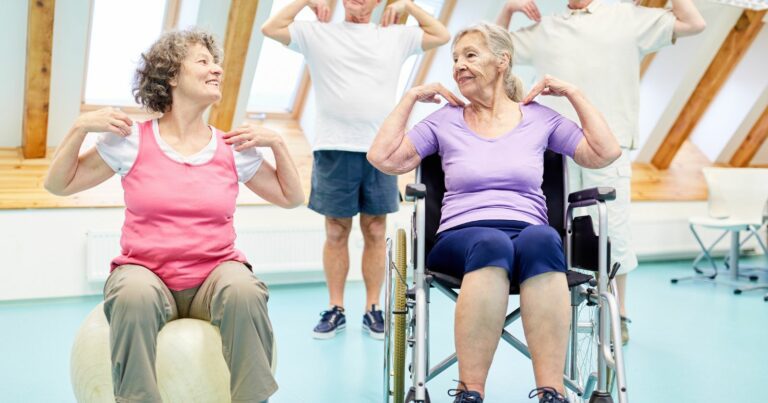Steadying myself as I reminisce about my grandfather’s graceful waltzes in his youth, it’s hard to fathom the shift when he began to stagger with an unsteady gait in his golden years. “What causes loss of balance in the elderly?” – A question many of us ponder as we watch the subtle transformation of our aging loved ones. Navigating this journey of understanding elderly balance issues, I’ve delved deep into research and expert opinions. This article is a compilation of my findings, aiming to illuminate the various reasons behind this phenomenon and offering insights to those supporting the elderly in their lives.As you age, you may notice that your balance isn’t as steady as it used to be. Falls are a common concern for older adults, and they can lead to serious injuries. Understanding what causes loss of balance in the elderly can help you take steps to prevent falls and stay safe.
There are many factors that can contribute to balance issues in older adults. Some of these factors are related to age-related physical changes, such as changes in vision, muscle strength, and flexibility. Other factors include health conditions that affect balance, medications that can cause dizziness or lightheadedness, and mental health issues like depression and anxiety.
By taking steps to address these factors and make lifestyle changes that support good balance, you can reduce your risk of falls and stay healthy and independent as you age. In this article, we’ll explore the many factors that can contribute to balance issues in the elderly and provide tips for preventing falls and staying safe.
Here are The Key Takeaways
- Age-related physical changes can contribute to balance issues in the elderly.
- Health conditions and medications can also affect balance.
- Making lifestyle changes and taking steps to address these factors can help prevent falls and support good balance.
Overview of Balance Issues in the Elderly

As you age, your sense of balance may decline, which can lead to falls and injuries. Balance issues are common in older adults and can be caused by a variety of factors, including medical conditions, medication side effects, and changes in the body’s balance system.
The body’s balance system involves the inner ear, the eyes, and the brain. These systems work together to help you maintain your balance and stay upright. As you age, changes in these systems can cause balance issues.
Medical conditions such as diabetes, heart disease, stroke, and thyroid problems can affect your balance. Neurological conditions such as Parkinson’s disease and cervical spondylosis can also cause balance issues. Additionally, vision problems and muscle weakness can contribute to unsteadiness.
Certain medications can also cause balance issues as a side effect. These include medications for high blood pressure, depression, and anxiety.
In addition to these factors, alcohol consumption can also cause dizziness and balance problems by affecting how the inner ear works.
It is important to address balance issues in older adults to prevent falls and injuries. If you are experiencing balance issues, talk to your healthcare provider. They can help determine the underlying cause and recommend appropriate treatment options.
Age-Related Physical Changes
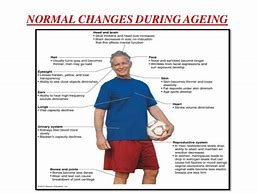
As you age, your body undergoes various physical changes that can affect your balance and increase your risk of falls. Two main systems that contribute to balance are the muscular and sensory systems. Here are some age-related changes that can affect these systems:
Muscular System Decline
Your muscles play a crucial role in maintaining balance. As you age, your muscles tend to weaken and lose mass, a condition known as sarcopenia. This loss of muscle mass can affect your ability to support your body weight and maintain proper posture. Additionally, your muscles may become less flexible and less responsive, making it harder to adjust to sudden changes in movement or balance.
Sensory System Deterioration
Your sensory system includes your eyes, ears, and sense of touch. These systems work together to provide you with information about your environment and help you maintain balance. As you age, your vision may deteriorate, making it harder to see potential hazards or obstacles. Your inner ear, which helps you maintain balance, may also deteriorate, leading to dizziness or vertigo. Additionally, your sense of touch may decline, making it harder to feel changes in surface texture or uneven ground.
In summary, age-related physical changes can affect your muscular and sensory systems, leading to a decline in balance and an increased risk of falls. It’s important to stay active and engage in exercises that can help maintain muscle mass and improve balance. Additionally, regular check-ups with your doctor can help identify and treat any underlying conditions that may be contributing to your balance issues.
Health Conditions Affecting Balance
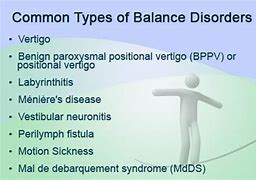
As you age, you may experience a decline in balance due to various health conditions. Here are some of the most common health conditions that can affect your balance:
Neurological Disorders
Neurological disorders can affect your balance by disrupting the communication between your brain and your body. Parkinson’s disease, multiple sclerosis, and stroke are some examples of neurological disorders that can cause balance problems. These conditions can affect your muscle control, coordination, and vision, which are essential for maintaining balance.
Cardiovascular Diseases
Cardiovascular diseases can cause balance problems by affecting the blood flow to your brain and inner ear. High blood pressure, heart disease, and stroke can all affect your balance by causing dizziness, lightheadedness, and vertigo. These symptoms can make it difficult to maintain your balance and increase your risk of falls.
Arthritis and Osteoporosis
Arthritis and osteoporosis can affect your balance by causing joint pain, stiffness, and weakness. These conditions can make it difficult to move around and maintain your balance. Arthritis can affect any joint in your body, but it most commonly affects the knees, hips, and ankles. Osteoporosis can weaken your bones, making them more susceptible to fractures, which can also affect your balance.
In conclusion, several health conditions can affect your balance as you age. Neurological disorders, cardiovascular diseases, arthritis, and osteoporosis are just a few examples of the health conditions that can cause balance problems. If you’re experiencing balance problems, it’s important to talk to your doctor to determine the underlying cause and develop a treatment plan to address it.
Medications and Balance
As you age, medications can have a greater impact on your body, including your balance. Some medications can cause dizziness, drowsiness, and other side effects that can affect your ability to maintain balance. In this section, we’ll explore the relationship between medications and balance, including common side effects and polypharmacy issues.
Side Effects of Common Drugs
Certain medications can cause balance problems as a side effect. Some of the most common drugs that can affect balance include:
- Blood pressure medications
- Antidepressants
- Anti-anxiety medications
- Sleeping pills
- Pain medications
- Muscle relaxants
These medications can cause dizziness, fatigue, and other side effects that can make it difficult to maintain balance. If you’re taking any of these medications and are experiencing balance problems, talk to your doctor about your options. In some cases, your doctor may be able to adjust your dosage or switch you to a different medication that doesn’t have the same side effects.
Polypharmacy Issues
Polypharmacy is a term used to describe the use of multiple medications by an individual. As you age, you may be more likely to take multiple medications to manage various health conditions. However, taking multiple medications can increase your risk of experiencing side effects, including those that affect your balance.
If you’re taking multiple medications and are experiencing balance problems, talk to your doctor about your options. Your doctor may be able to adjust your dosage or switch you to a different medication that doesn’t have the same side effects. In some cases, your doctor may also recommend reducing the number of medications you’re taking to minimize the risk of side effects.
In conclusion, medications can have a significant impact on your balance, especially as you age. If you’re experiencing balance problems and are taking medications, talk to your doctor about your options. With the right treatment plan, you can manage your health conditions while minimizing the risk of side effects that affect your balance.
Mental Health and Balance
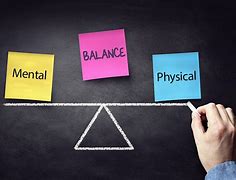
As you age, your mental health can have a significant impact on your balance. Depression and anxiety are two common mental health conditions that can affect your balance.
Depression
Depression is a mood disorder that can cause feelings of sadness, hopelessness, and loss of interest in activities. It can also affect your physical health, including your balance. Research has shown that people with depression are more likely to experience balance problems and falls.
Depression can affect your balance in several ways. It can cause fatigue, which can make it harder to stay balanced. It can also affect your concentration and reaction time, making it more difficult to respond to changes in your environment that could affect your balance.
Anxiety
Anxiety is a condition that can cause feelings of worry, fear, and apprehension. Like depression, anxiety can also affect your physical health and balance. People with anxiety may experience dizziness, lightheadedness, or a feeling of being off-balance.
Anxiety can also cause muscle tension and stiffness, which can affect your posture and balance. It can also affect your breathing, which can impact your oxygen levels and lead to feelings of dizziness or lightheadedness.
If you are experiencing depression or anxiety, it is essential to talk to your healthcare provider. They can help you develop a treatment plan that may include therapy, medication, or lifestyle changes to improve your mental health and reduce your risk of falls.
Lifestyle Factors
As you age, your lifestyle can play a major role in your balance and overall health. In particular, lack of physical activity and poor nutrition are two lifestyle factors that can contribute to balance problems in the elderly.
Lack of Physical Activity
Physical activity is important for maintaining balance and preventing falls. If you are not physically active, you may experience muscle weakness and decreased flexibility, which can increase your risk of falling. Additionally, lack of physical activity can lead to weight gain, which can also contribute to balance problems.
To maintain your balance and prevent falls, it is important to engage in regular physical activity. This can include activities such as walking, swimming, or yoga. You may also want to consider strength training exercises, which can help improve your muscle strength and balance.
Poor Nutrition
Your diet can also play a role in your balance and overall health. If you are not getting the nutrients you need, you may experience fatigue, weakness, and other symptoms that can contribute to balance problems.
To maintain your balance and overall health, it is important to eat a balanced diet that includes plenty of fruits, vegetables, whole grains, and lean protein. You may also want to consider taking a multivitamin or other supplements to ensure that you are getting all the nutrients you need.
In addition to eating a balanced diet, it is also important to stay hydrated. Dehydration can cause dizziness and other symptoms that can contribute to balance problems. Make sure to drink plenty of water throughout the day to stay hydrated.
By engaging in regular physical activity and eating a balanced diet, you can help maintain your balance and overall health as you age.
Preventing Balance Issues in the Elderly
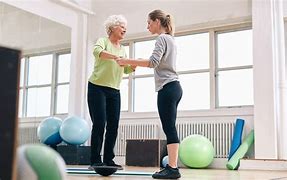
As you age, it’s important to take steps to prevent balance issues. Here are some ways to stay steady on your feet:
Regular Exercise
Regular exercise can help improve your balance and coordination. Consider incorporating exercises that focus on balance, such as yoga or tai chi. These exercises can help you improve your strength and flexibility, as well as your balance and coordination.
Healthy Diet
A healthy diet is important for maintaining your overall health, including your balance. Make sure you’re getting enough nutrients, such as calcium and vitamin D, which can help keep your bones strong. Also, consider reducing your intake of alcohol, as it can affect your balance and coordination.
Regular Check-Ups
Regular check-ups with your healthcare provider can help you identify any health issues that may affect your balance. For example, certain medications can cause dizziness or lightheadedness, which can increase your risk of falling. Your healthcare provider can also help you identify any underlying health conditions that may affect your balance, such as diabetes or heart disease.
By following these tips, you can help prevent balance issues and reduce your risk of falling. Remember to always talk to your healthcare provider before starting any new exercise program or making any changes to your diet.
Final Thoughts on What Causes Loss of Balance in the Elderly
As you age, it’s common to experience balance problems. This can be caused by a variety of factors, including medical conditions, medications, and changes in vision or hearing. By understanding the causes of balance problems, you can take steps to prevent falls and improve your overall quality of life.
Some of the most common medical conditions that can cause balance problems in older adults include diabetes, heart disease, stroke, and thyroid problems. These conditions can affect the nerves and blood vessels that are responsible for maintaining balance, leading to dizziness and falls.
In addition to medical conditions, certain medications can also cause balance problems. These include medications for high blood pressure, depression, and anxiety. If you’re taking any medications that may be affecting your balance, talk to your doctor about alternative treatments.
Changes in vision and hearing can also contribute to balance problems in older adults. As you age, your vision and hearing may decline, making it more difficult to maintain your balance. Regular eye exams and hearing tests can help identify any issues early on, allowing you to take steps to prevent falls.
Overall, there are many factors that can contribute to balance problems in older adults. By staying aware of these factors and taking steps to prevent falls, you can maintain your independence and enjoy a higher quality of life as you age.
Frequently Asked Questions
What are some common medical conditions that can cause balance problems in older adults?
There are several medical conditions that can cause balance problems in older adults. Some of the most common ones include diabetes, heart disease, stroke, thyroid problems, and issues with your vision, nerves, or blood vessels. These conditions can cause dizziness, vertigo, and other balance problems. If you have any of these conditions, it’s important to talk to your doctor about how they may be affecting your balance.
Is it normal for balance to decline with age?
Yes, it is normal for balance to decline with age. As you get older, your muscles and bones weaken, and your senses may not work as well as they used to. This can make it harder to maintain your balance. However, there are things you can do to improve your balance, such as exercising regularly and taking steps to prevent falls.
What are some neurological disorders that can cause sudden loss of balance in the elderly?
There are several neurological disorders that can cause sudden loss of balance in the elderly. Some of the most common ones include Parkinson’s disease, multiple sclerosis, and Alzheimer’s disease. These conditions can affect the nervous system and make it harder for the body to maintain balance. If you are experiencing sudden loss of balance, it’s important to talk to your doctor about getting a proper diagnosis and treatment.
How can balance problems in the elderly be treated?
The treatment for balance problems in the elderly depends on the underlying cause. In some cases, medication may be prescribed to help manage symptoms. Physical therapy can also be helpful in improving balance and reducing the risk of falls. In addition, making changes to your living environment, such as removing tripping hazards and installing grab bars, can also help prevent falls.
When should an elderly person be concerned about their balance?
An elderly person should be concerned about their balance if they are experiencing frequent falls or if they are having trouble with everyday activities, such as walking or standing up. Other signs to watch for include dizziness, vertigo, and a feeling of unsteadiness. If you are experiencing any of these symptoms, it’s important to talk to your doctor about getting a proper diagnosis and treatment.
What are some exercises that can improve balance in older adults?
There are several exercises that can improve balance in older adults. Some examples include Tai Chi, yoga, and balance training exercises. These exercises can help improve muscle strength, flexibility, and coordination, which can all help reduce the risk of falls. It’s important to talk to your doctor before starting any new exercise program, especially if you have a medical condition that affects your balance.
Other Places For You To Explore
Explore
Conclusion
Losing one’s balance is not just a matter of physical stability; it encompasses a deeper emotional and psychological aspect for the elderly. The fear of falls, the reluctance to ask for help, and the yearning to retain independence can be overwhelming. As I continue my dedication to elderly independence, I understand that acknowledging the root causes of balance issues is the first step. Armed with this knowledge, we can be better equipped to support our loved ones, ensuring their environment is safe and their spirit remains undeterred. Let’s strive to keep their steps confident and their hearts light, no matter the challenges they face.
